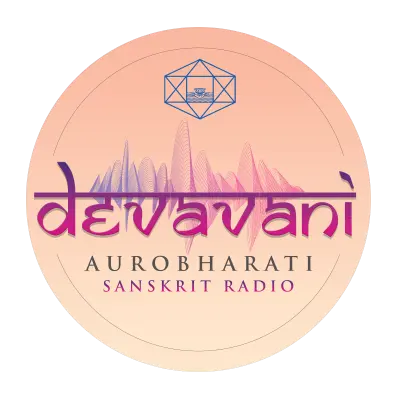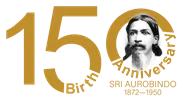Vedic Chanting: Intangible Culture, Tradition and Continuity
I seek not science, not religion, not Theosophy, but Veda—the truth about Brahman, not only about His essentiality, but about His manifestation, not a lamp on the way to the forest, but a light and a guide to joy and action in the world, the truth which is beyond opinion, the knowledge which all thought strives after — yasmin vijnate sarvam vijnatam. I believe that Veda to be the foundation of the Sanatan Dharma; I believe it to be the concealed divinity within Hinduism,—but a veil has to be drawn aside, a curtain has to be lifted. I believe it to be knowable and discoverable. I believe the future of India and the world to depend on its discovery and on its application, not to the renunciation of life, but to life in the world and among men.”
— Sri Aurobindo (Essays Divine and Human, Vol. 12 [CWSA], P. 62)
 Vedas are considered as the fountainhead of knowledge and considered as the oldest texts of Hinduism. Vedic literature is structured in hymns, poems, prayers and religious instructions.
Vedas are considered as the fountainhead of knowledge and considered as the oldest texts of Hinduism. Vedic literature is structured in hymns, poems, prayers and religious instructions.
Vedic Chanting, as Intangible Cultural Heritage and one of the world’s oldest surviving cultural traditions. The tradition of Vedic chanting Inscribed has been inscribed by UNESCO “The Vedas comprise a vast corpus of Sanskrit poetry, philosophical dialogue, myth, and ritual incantations,,,’
We are working on specific projects and programs for the promotion of Vedic Chanting as an Intangible Cultural Heritage in collaboration with Universities and academic institutions. We are also regularly organizing workshops and interactive sessions on the intangible aspects of Vedic chanting. This workshop is aimed at those aspirants who want to understand and experience Vedic chanting and learn to chant simple Vedic Mantras including the meaning and significance of each mantra.
Past programs:
- Workshop and Demonstration on ‘Vedic Chanting: Intangible Culture, Tradition and Continuity’ organized as part of the Pondicherry Heritage Festival-2023, at Matriniketan, Puducherry on 10th Feb, 2023.
- Workshop and demonstration program on ‘Vedic Chanting: Intangible Culture, Tradition and Continuity’ as part of the Two-days National Symposium on ‘Spiritual Tourism’ organized by the Department of Tourism, Pondicherry University in collaboration with Ministry of Tourism, Government of India, 23 June, 2023.
- Lecture cum Demonstration Program on ‘Peculiarities of Kerala Vedic chanting’ by AuroBharati, Sri Aurobindo Society, Puducherry in collaboration with Vadakke Matham Brahmaswam, Kerala on 4th August, 2023 at Sri Aurobindo Society, Union Territory of Puducherry.
- Workshop and demonstration of ‘Vedic Chanting: Intangible Culture, Tradition and Continuity’ by AuroBharati, Sri Aurobindo Society on 20th October 2023.



